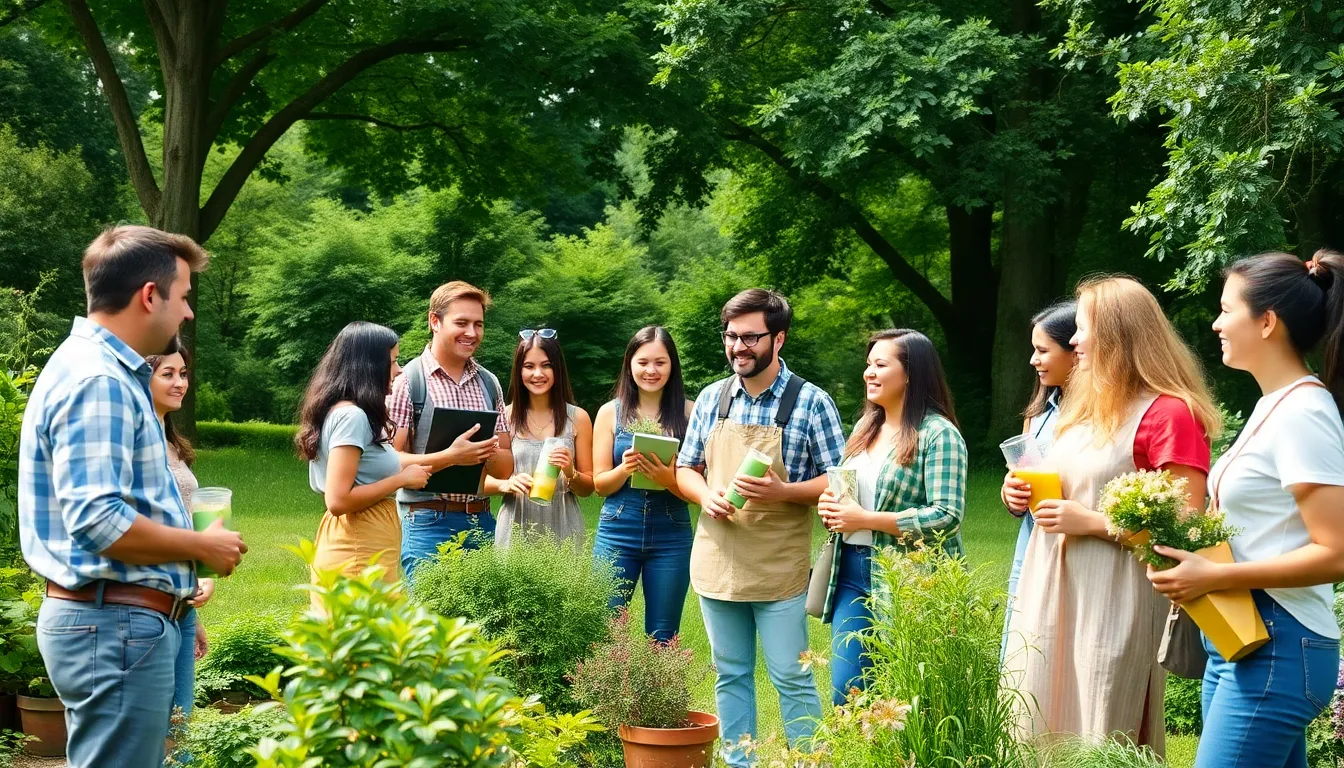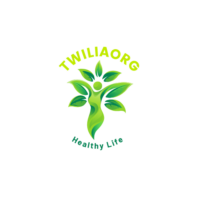In a world where plastic seems to multiply like rabbits and climate change is the uninvited guest at every party, sustainable living books are like the wise friends who know how to throw a great bash without trashing the planet. These books aren’t just for tree-huggers; they’re for anyone who wants to make a difference without sacrificing comfort or style.
Sustainable Living Books
Sustainable living books provide essential knowledge to navigate environmental challenges effectively. Readers discover strategies for reducing their ecological footprint while maintaining a fulfilling lifestyle.
Importance of Sustainable Living
Sustainable living plays a crucial role in combating environmental issues like climate change and plastic pollution. It encourages individuals to adopt practices that conserve resources and protect ecosystems. By understanding these concepts, people can contribute meaningfully to sustainability efforts.
Benefits of Reading Sustainable Living Books
Reading sustainable living books offers numerous advantages. Knowledge gained from these resources inspires actionable change in daily habits. Additionally, these books provide practical tips that simplify the transition to an eco-friendly lifestyle. Engaging narratives can motivate readers to embrace sustainability with enthusiasm. Accessing diverse perspectives enhances understanding of this vital subject.
Top Recommended Sustainable Living Books

Numerous books on sustainable living provide valuable insights into eco-friendly practices. These recommendations cover classic titles and new releases that inspire meaningful change.
Classic Titles in Sustainable Living
“Silent Spring” by Rachel Carson remains a foundational text, sparking awareness about environmental impacts. “The Sustainable You” by Dan Chiras offers practical steps towards reducing waste and energy usage. “The Ecology of Wisdom” by John Seed presents philosophical perspectives on sustainable living. “Braiding Sweetgrass” by Robin Wall Kimmerer combines indigenous knowledge with ecological science, highlighting the connection between people and nature. These classic titles shape the understanding of sustainability.
New Releases to Consider
“The Green Habit” by James Clear focuses on developing eco-friendly routines for daily living. “Regeneration” by Paul Hawken identifies solutions for reversing climate change through collective action. “Wilding” by Isabella Tree discusses the benefits of rewilding landscapes, promoting biodiversity. “The Circular Economy” by Ken Webster introduces concepts of sustainability through economic frameworks. These new releases provide fresh perspectives on modern sustainability challenges.
Themes Explored in Sustainable Living Books
Sustainable living books cover various themes that encourage practices causing minimal environmental impact. They offer readers insights into creating a harmonious relationship with nature.
Minimalism and Decluttering
Minimalism encourages individuals to simplify their lives. By focusing on essential possessions, people reduce waste and consumption. Sustainable living books often emphasize the emotional and environmental benefits of decluttering. When readers embrace less, they enhance their quality of life. Moreover, these books showcase how minimalism can lead to intentional living, resulting in lower ecological footprints. Various techniques for organizing and simplifying contribute to a more sustainable mindset.
Eco-Friendly Practices
Eco-friendly practices form the backbone of sustainable living literature. Many authors discuss renewable resources, energy conservation, and waste reduction techniques. Strategies include composting, using sustainable materials, and adopting a plant-based diet. Readers discover practical ways to integrate these practices into daily routines. Noteworthy is how small changes lead to significant environmental benefits over time. Sustainable living books equip individuals with the knowledge needed to make informed decisions about their lifestyle. Emphasizing collective impact, these books inspire a deeper commitment to environmental stewardship.
How to Choose the Right Sustainable Living Book
Selecting a sustainable living book involves understanding personal needs and preferences. Many readers find it helpful to reflect on their current lifestyle and what sustainability means to them.
Assessing Personal Goals
Identifying specific personal goals enhances the book selection process. Readers might aim to reduce waste, adopt a plant-based diet, or learn about renewable energy sources. Setting clear objectives helps narrow the focus. For example, someone interested in eco-friendly cooking might benefit from a cookbook that emphasizes sustainable ingredients. A reader wanting to declutter may prefer resources on minimalism. The right book directly aligns with these goals, making the journey toward sustainable living more effective.
Considering Different Lifestyles
Recognizing diverse lifestyles influences the choice of sustainable living books. Individuals living in urban areas face unique challenges compared to those in rural settings. Urban dwellers might seek guidance on small-space gardening or zero-waste shopping. On the other hand, rural readers may look for advice on managing larger properties sustainably. Each lifestyle offers different opportunities for sustainable practices. Choosing books that cater to one’s lifestyle enhances the likelihood of successfully implementing eco-friendly habits.
Conclusion
Sustainable living books serve as invaluable resources for anyone seeking to make a positive environmental impact. These books not only provide practical strategies but also inspire readers to adopt eco-friendly habits that enhance their quality of life. By exploring diverse themes like minimalism and renewable resources, they empower individuals to simplify their lives while conserving the planet.
Choosing the right book tailored to personal goals and lifestyles can significantly influence one’s journey toward sustainability. With a wealth of knowledge and engaging narratives at their fingertips, readers are well-equipped to embrace sustainable practices that foster a healthier planet for future generations.

